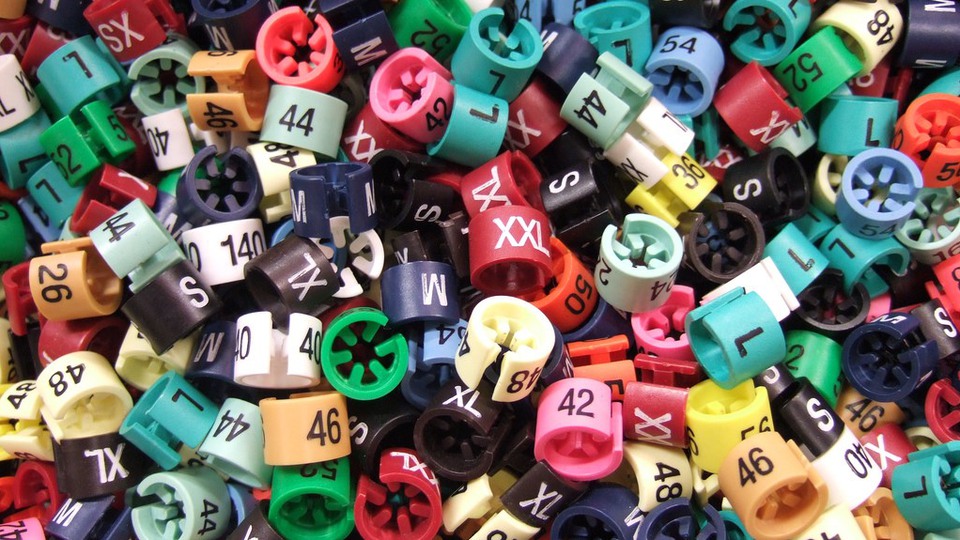- Start
- Our offer
- Research projects
- Smart loops for recycling plastic and textiles

Smart loops for recycling plastic and textiles
The Smart Loops project investigates whether it can be profitable to recycle even small volumes of plastic and textiles through so-called smart loops. Today, small volumes are often sent directly to incineration or mixed with other types of plastic and textiles for recycling, which makes it difficult to reuse.
In Sweden, 81 percent of plastic waste goes to incineration and only 8 percent is recycled into new material. A common argument for not sorting plastic waste but instead throwing it in combustible is that the volumes are too small for it to pay to recycle them. Another problem is that the material is mixed with plastic from other sources to larger volumes to make it economically justifiable to recycle. This often leads to a reduction in the quality of the plastic and poorer traceability of the chemical content.
The purpose of the project is to evaluate whether you can have a specific collection of plastic and textile waste and then get smaller, but cleaner flows of materials, with the help of so-called "smart loops". The project investigates whether, through smart loops, one can find economics in smaller volumes that provide the right quality of the collected material and which can then be used again with retained quality and known content.
Smart loops are run by IVL Swedish Environmental Institute in collaboration with RISE IVF and the Chalmers Industrial Technology Foundation and a number of companies and organizations. Within the project, obstacles and solutions will be identified and a guide will be produced for how smart loops can be designed and national policies look like. The focus is on obstacles and solutions for smart loops linked to behavior and policies
Prenumerera på våra nyhetsbrev
